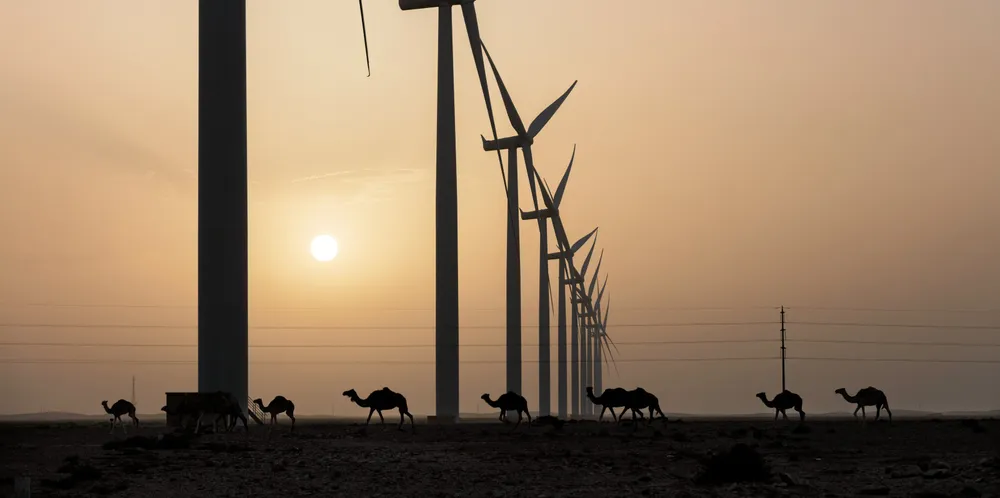Morocco, Greece and Denmark 'punch above weight' to lead new global green energy league
Trio of nations head 'normalised' version of EY's long-running renewables attractiveness index

Trio of nations head 'normalised' version of EY's long-running renewables attractiveness index
